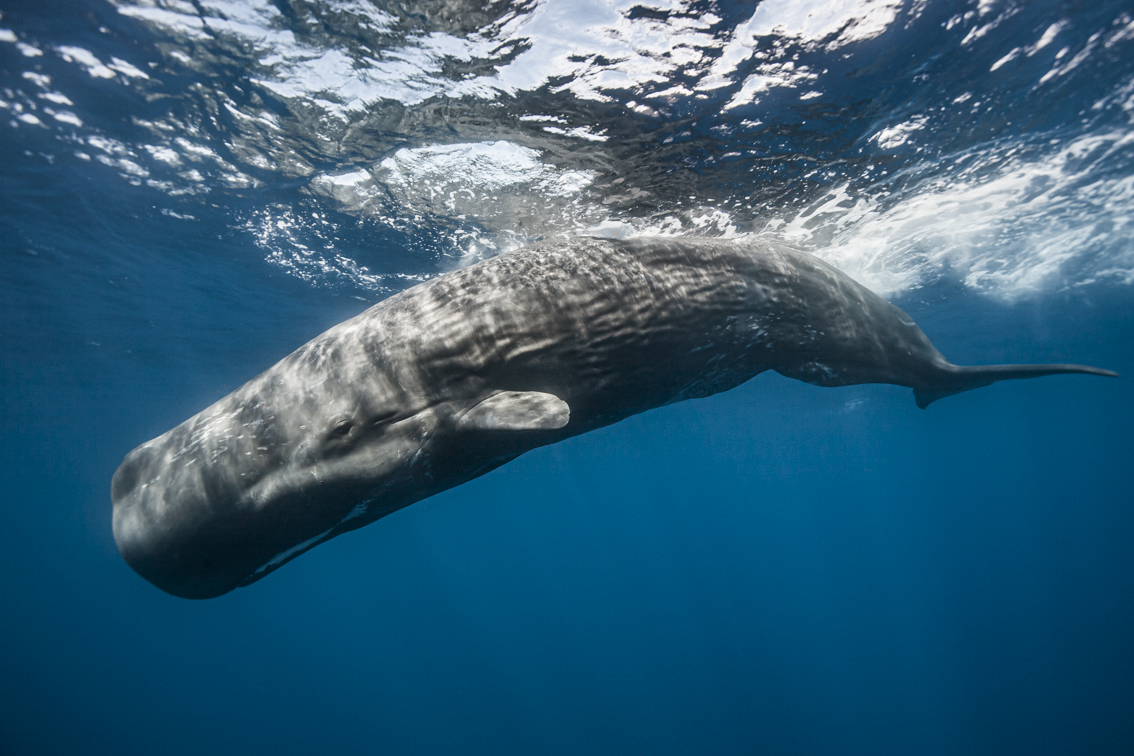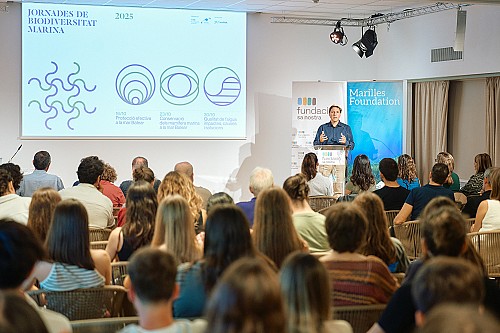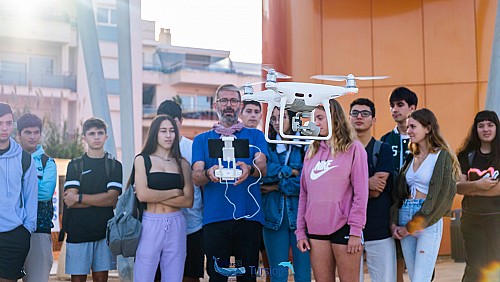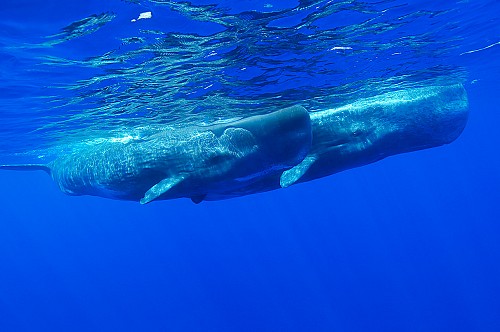Marilles Foundation, together with other organisations, has signed an article in which it asks the Spanish government to include a mandatory measure to reduce the speed of ships sailing through the Mediterranean Cetacean Migration Corridor. This action should be included in the management plan for the Cetacean Migration Corridor, which is currently being drawn up by the Ministry for Ecological Transition and Demographic Challenge and would contribute to reducing the risk of collisions between boats and cetaceans.
As the article states, ‘Collisions with vessels are the main cause of human-induced death for fin whales and sperm whales in the northwestern Mediterranean.’ It adds that the risk of death to a whale has been shown to be virtually zero if the boat is travelling at a speed of 10 knots.
We must bear in mind that cetacean populations are declining in the Mediterranean. As biologist Carlos Bravo, from Ocean Care, says, ‘There are large whales, the sperm whale and the fin whale, but unfortunately, we are losing them. In the 1990s, it was estimated that there were around 3,500 fin whales in the region, but science estimates that there are now only around 1,800 left.
The article is signed by Carlos Bravo on behalf of the organisations OceanCare, WWF, Greenpeace, Client Earth, Oceana, Ecologistas en Acción, Alnitak, Marilles Foundation, GOB Mallorca, and Save the Med.
Marilles in the media
- 05/08/2024 Ultima Hora: "Las ballenas mediterráneas, amenazadas por los barcos: «El 80 por ciento de las muertes se deben a colisiones»"
- 05/06/2024 La Vanguardia: "Ships, reduce speed! The plan to avoid collisions with whales in the Mediterranean Sea"
- 16/12/2022 Es Diari Menorca: "El área de cría de cachalotes de Menorca queda fuera de la zona de protección marina"





